Smart Travel Tips: Avoid Common Mistakes and Enjoy Your Trip

In a fast-paced world, travel has become an integral part of our personal and professional experiences. Whether it's for work, exploration, or break, travel offers us endless opportunities to broaden our horizons and create unforgettable memories. However, it can be full of challenges and unpleasant surprises if we don't plan well. So, how can we avoid making common mistakes and enjoy our journey to the fullest?
Show key points
- Smart travel emphasizes strategic planning and preparation to minimize risks and enhance the overall travel experience.
- Choosing the right destination requires considering factors like climate, budget, cultural events, and desired experiences such as relaxation or adventure.
- Securing the best deals on flights and accommodations involves early booking, comparing websites, and maintaining flexibility in travel dates.
- ADVERTISEMENT
- Travel insurance is essential to protect against unexpected issues such as cancellations, health emergencies, and lost belongings.
- Efficient packing with the right luggage, essential items, and space-saving tools, alongside using helpful travel gadgets, keeps your trip organized and stress-free.
- Staying healthy and safe on your journey includes proper hygiene, vaccinations, safe food and water consumption, and awareness of your surroundings.
- Utilizing key mobile apps for navigation, translation, booking, and maintaining connectivity can significantly enhance and simplify your travel experience.
The answer lies in the concept of "smart travel" – a proactive approach that focuses on careful planning and advance preparation to ensure a seamless and enjoyable travel experience. Through this article, we will explore a set of tips and strategies that will help you achieve this. We'll cover everything from destination selection to emergency handling, to effective baggage packing and staying healthy and safe while travelling.
Recommend
Let's start our journey towards smart travel, and learn how to make every journey an unforgettable and carefree experience.
Destination Choice: Things to Consider
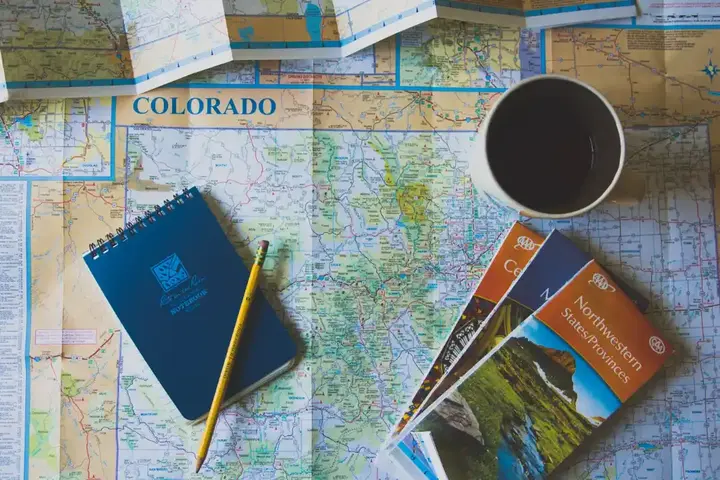
When choosing your destination, it is important to take into account several factors such as climate, cost, available activities, and cultural events. You should think about what you want to achieve from your trip – are you looking for relaxation, adventure, cultural learning, or a combination of them all? Use online tools and reviews to get an idea of other people's experiences and to determine the best times to visit.
Booking flights and accommodation: tips for getting the best deals
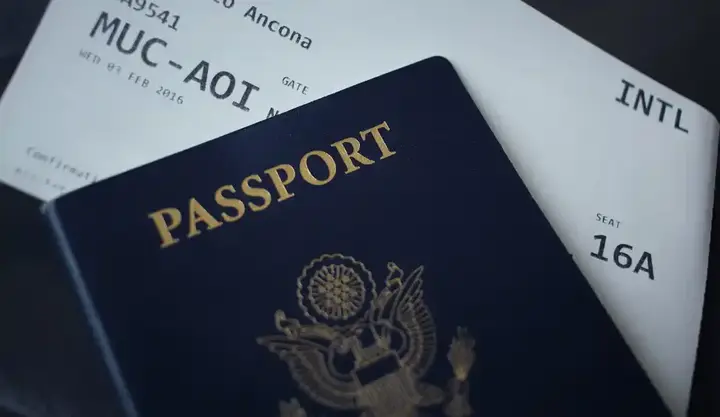
Early booking often leads to saving money and ensuring access to preferred options. Compare prices across different websites, and take advantage of special offers and discounts. Be flexible with travel dates if possible, as simple changes to the schedule can lead to significant savings.
Travel insurance: why is it necessary?
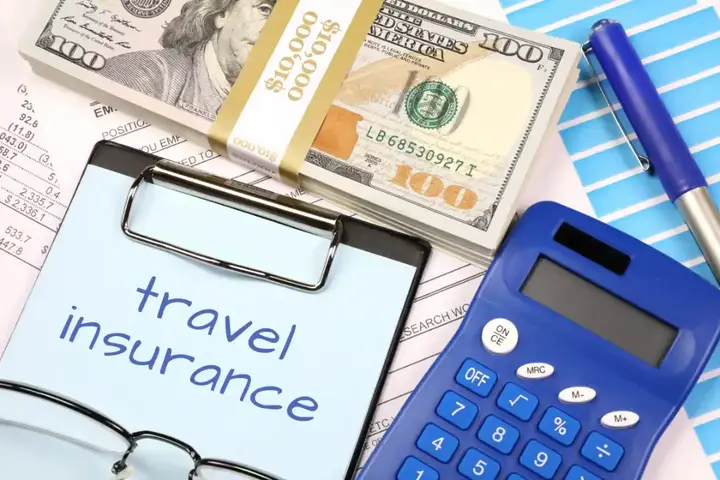
Travel insurance can provide protection from a wide range of risks such as cancellation, accident, illness, and theft. You should choose an insurance policy that suits your needs and covers all the activities you plan to do. Do not forget to read the terms and conditions carefully to avoid any unpleasant surprises.
Essential luggage list: what you can't forget
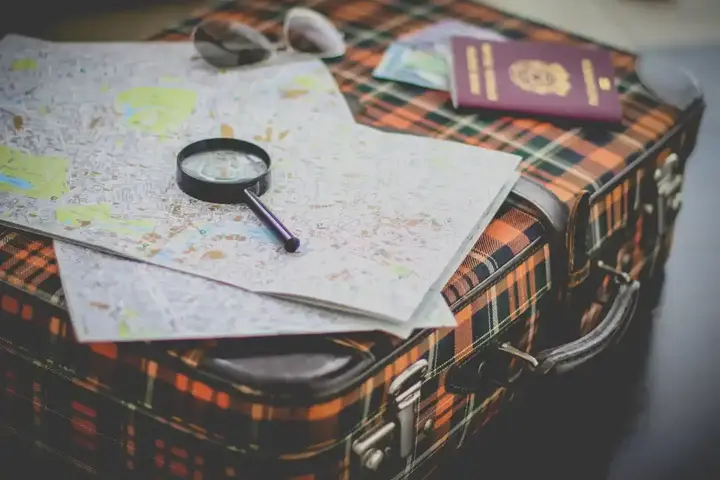
When packing your bags, you should focus on the essentials you'll need during your journey. Here are some important points:
1. Clothing and shoes:
o Calculate the number of days you will spend at the destination and choose clothes accordingly.
Don't forget to include versatile pieces, such as white shirts and jeans.
2. Personal Items:
o Pack personal items such as toothbrushes, toothpaste, and skincare.
o Don't forget your razors if you need them.
3. Sanitary ware:
Put essential medications in your hand luggage, such as painkillers and antibiotics.
o Pack other hygiene items, such as plaster and hand sanitizer.
Reduce luggage: how to pack efficiently

• Choose a bag suitable for the type of trip (small handbag or backpack for short trips, large bag for long trips).
• Wrap clothes instead of folding them to save space and avoid wrinkles.
• Use luggage with pockets and compartments to organise items.
Smart travel tools: tools that facilitate your journey
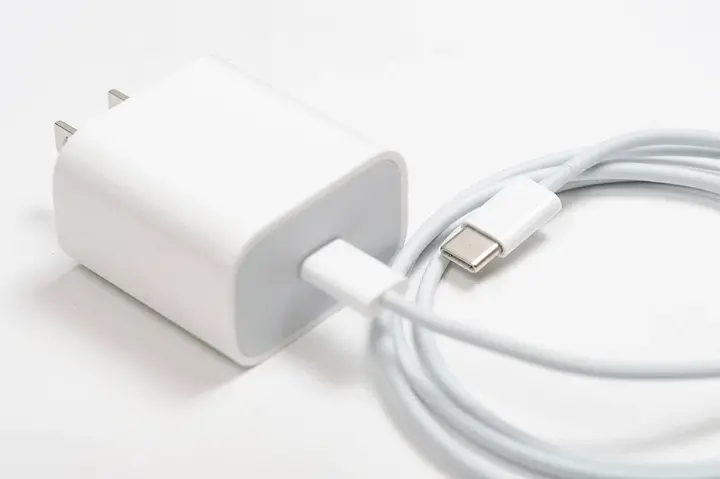
• Be sure to carry the mobile phone charger and USB cables.
• Use pressure bags to save space in the bags.
• Don't forget a foldable backpack to use during daily tours.
Getting around airports and terminals: avoiding stress and delays
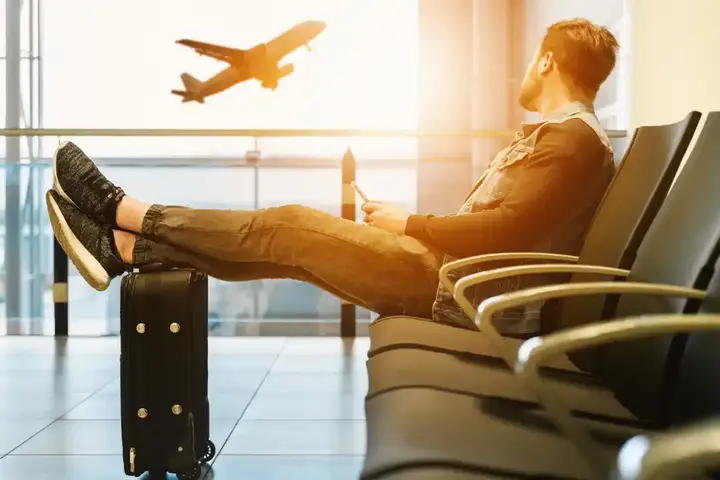
Navigating airports and terminals can be confusing and tiring, especially on long flights. Here are some tips to make your experience smoother:
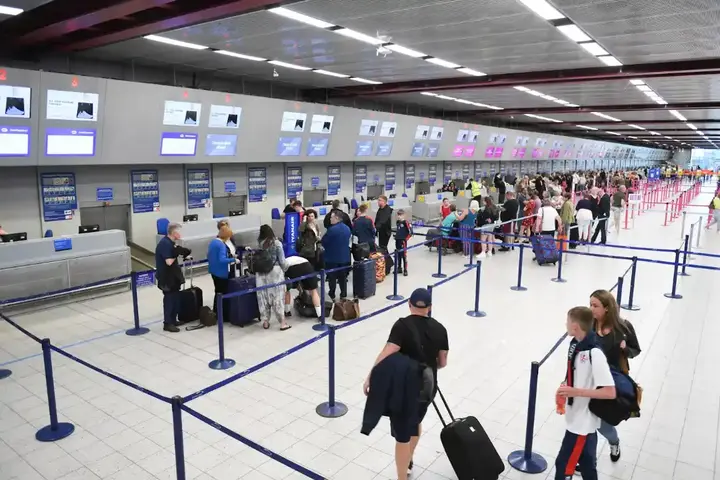
1. Arrive early:
o Make sure you arrive at the airport or terminal well in advance to check in without a hurry.
o Check the arrival time recommended by the airline or transport.
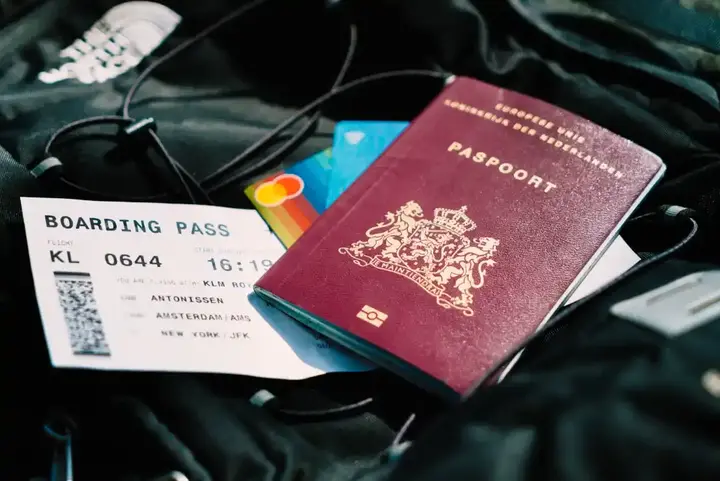
2. Verification of documents:
o Make sure that all travel documents, such as passport and visa, are valid and handy.
o Use mobile apps to store electronic copies of your documents as backups.
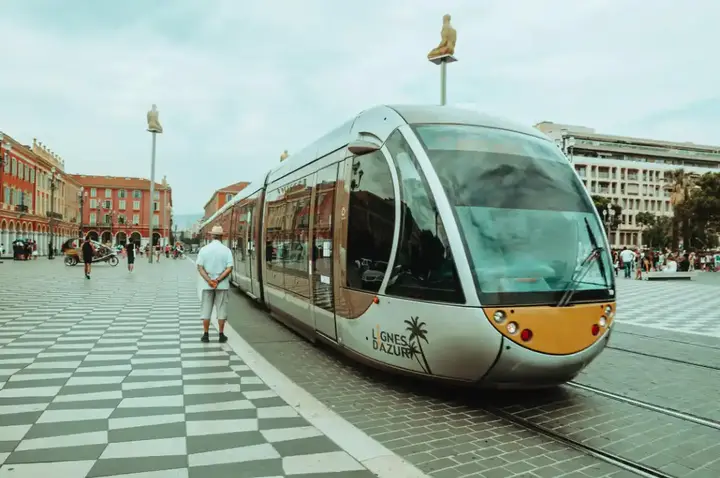
3. Mobility Planning:
o Know in advance how to get around the airport or terminal, and plan the time needed to move between gates or stations.
Dealing with accidents: how to stay calm and organized

Unexpected accidents and delays can happen, but good preparation can help you deal with them better:
1. Plan B:
o It's always a good idea to have a Plan B in case flights are delayed or cancelled.
o Keep a list of nearby hotels and transport companies in case emergency changes are needed.
2. Effective communication:
o In the event of a problem, contact airline or transport staff for accurate information and assistance.
o Use mobile apps to get real-time updates on flight status.
Culture and language: communication and respect in different countries
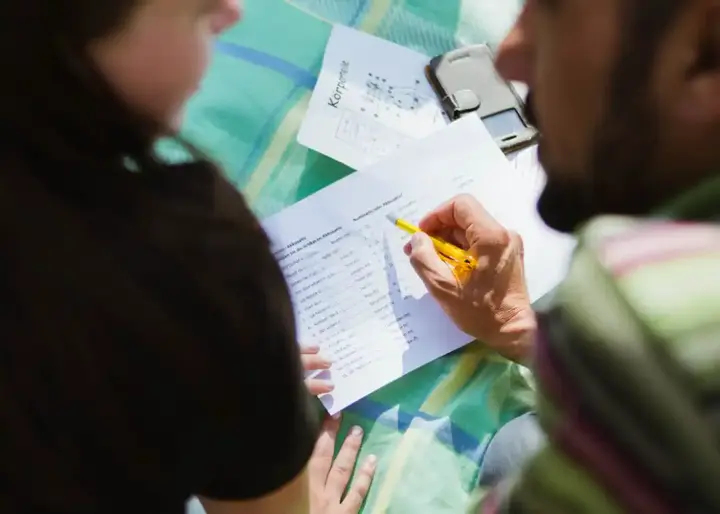
Traveling to new countries means exposure to different cultures and languages. Here's how to deal with this variety:
1. Learn basic phrases:
Learning some basic phrases in the language of the country you are visiting can help you communicate and show respect for the local culture.
o Use translation apps to help you communicate when needed.
2. Learn about local customs:
o Read about local customs and traditions to avoid abuse or misunderstanding.
o Be observant of the social and religious rules of the country you are visiting.
Maintaining health: tips to avoid illness

Traveling can expose you to various health risks, from environmental changes to local diseases. Here's how to stay healthy:
1. Vaccinations and prevention:
o Be sure to get all recommended vaccinations before traveling.
o Use protective materials such as disinfectants and insect repellent materials in areas where insect-borne diseases are common.
2. Food and water:
o Eat clean food and sterile or bottled water.
o Avoid raw or undercooked foods in places where hygiene standards are questionable.
3. Personal hygiene:
Wash your hands regularly, especially before eating or after visiting public places.
o Carry hand sanitizer and wet wipes to use when necessary.
Personal safety: how to stay safe outside
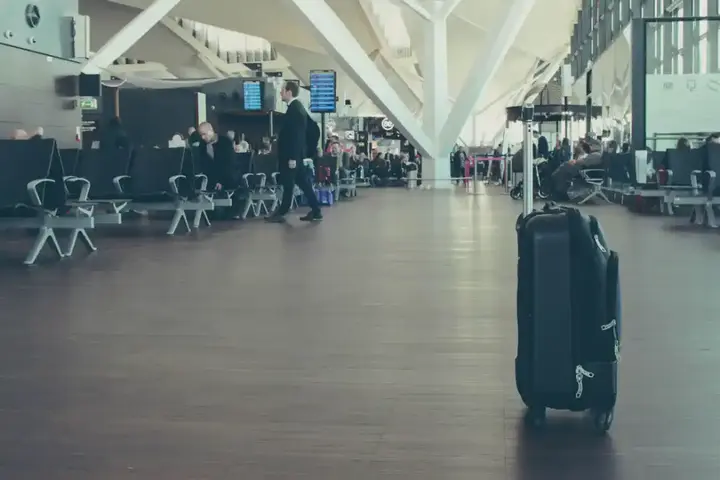
Travel requires vigilance and awareness of the surroundings to ensure your personal safety. Here are some guidelines:
1. Awareness of the environment:
o Be aware of the surrounding environment and avoid areas that may be dangerous or known to be crime.
o Use maps and mobile apps to navigate and stay on a known route.
2. Property Protection:
o Use locks on bags and do not leave your belongings unattended in public places.
Carry cash and important documents in a bag close to your body, such as a waist bag.
3. Emergency Management:
o Keep your country's embassy or consulate contact information in case of emergency.
Learn about local emergency numbers and how to seek help in the country you're visiting.
Must-have apps for the traveler
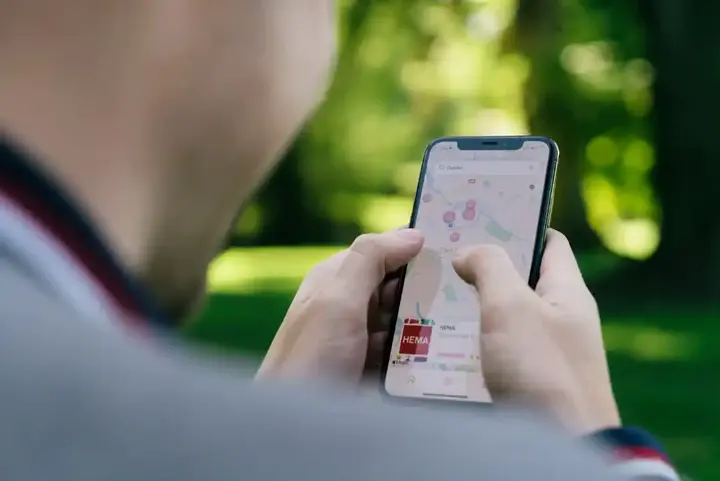
Smart apps can be a valuable companion while traveling. Here are some apps that can improve your experience:
1. Mapping and navigation applications:
o Use apps like Google Maps or Apple Maps to navigate the city and find tourist places and restaurants.
o Download maps for offline use if the connection is not available.
2. Language and translation applications:
o Use translation apps to communicate with locals in their language.
o Learn some basic phrases and keep them in the Language app.
3. Booking and Planning Apps:
o Book airline tickets and hotels through apps like Booking.com or Expedia.
o Use apps to organize the flight schedule and remind you of booked activities.
Staying connected: tips for connections and the internet

Keeping in touch with the outside world is important while traveling. Here are some tips:
1. Buy a local SIM card:
o Buy a local SIM card for your smartphone to get affordable phone and internet service.
o Make sure your phone is unlocked to use a different SIM card.
2. Use free Wi-Fi:
o Find free Wi-Fi points at airports, cafes and hotels.
o Use VPN apps to keep your connection over public Wi-Fi secure.
3. Preload content:
o Download books, movies and music before leaving to enjoy during the flight.
o Use reading and entertainment apps offline.
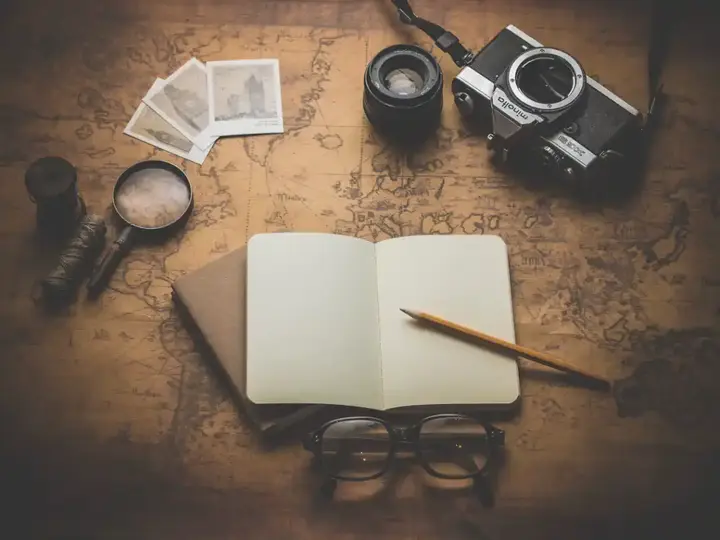
After exploring smart travel tips, we can conclude that good planning and detail awareness can turn any trip into a fun and hassle-free experience. Be sure to apply these tips on your future trips, and don't forget to enjoy every moment of your trip.
Travel intelligently, enjoy the adventure, and continue to discover the wonders of the world.